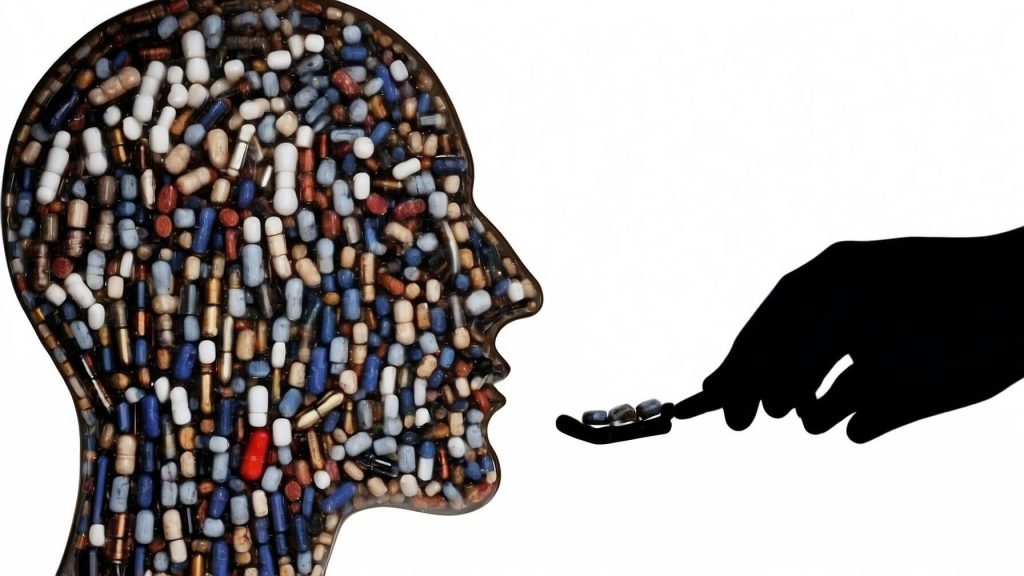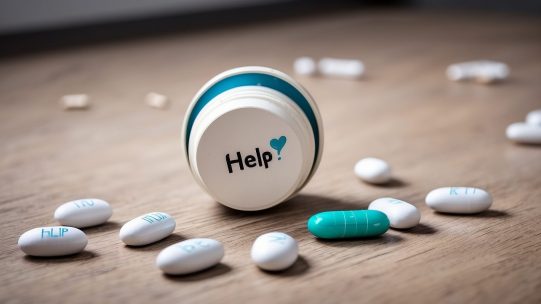Taking some opioids while taking commonly prescribed antidepressants may increase the risk of overdose.

According to a study published by me and my colleagues, taking oxycodone at the same time as certain selective serotonin reuptake inhibitors (SSRIs), commonly prescribed antidepressants, may increase the risk of opioid overdose.
Doctors prescribe the opioid oxycodone to relieve moderate to severe pain after surgery, injury, or certain diseases, such as cancer. Opioids are also a common drug of abuse. In 2019, opioids were responsible for more than 70% of drug overdose deaths in the United States.
Because many depressed patients also experience chronic pain, opioids are often prescribed along with antidepressants such as SSRIs. Previous studies have shown that some SSRIs, namely fluoxetine (Prozac or Sarafem) and paroxetine (Paxil, Pexeva or Blisder), strongly inhibit liver enzymes that are important for the proper breakdown of drugs in the body, including oxycodone. As a result, blood levels of oxycodone can rise, which can lead to accidental overdose.
To determine whether the risk of oxycodone overdose depends on the type of SSRI, my colleagues and I examined data from three large U.S. medical claims databases on more than 2 million adults who started taking oxycodone while on an SSRI between 2000 and 2020. These people were included in the study. The average age of this group was about 50 years old, just over 72% were women; just over 30% were taking the SSRIs paroxetine and fluoxetine.
Patients taking paroxetine or fluoxetine had a 23% higher risk of oxycodone overdose than those taking other SSRIs.
Approximately 30% of patients with chronic pain experience adverse drug interactions while taking opioids. Other types of medications have also been shown to increase the risk of overdose and other adverse interactions. These include certain muscle relaxants commonly used to treat pain, benzodiazepines commonly used to treat anxiety and sleep deprivation, and certain antipsychotic medications commonly used to treat schizophrenia and bipolar disorder. In addition, in 2019, the Food and Drug Administration required drug manufacturers to include a new warning about the use of gabapentinoids, commonly used to treat epilepsy and pain, in combination with opioids and other central nervous system depressant drugs. This prescription is associated with a dangerous decrease in respiratory rate and an increased risk of overdose and death when these drugs are used together.
The results of this study provide insight into which of the most commonly used antidepressants are most likely to lead to opioid overdose. Further study of other medication interactions with opioids may help doctors and patients better understand which medications are safe to take at the same time.










Comment